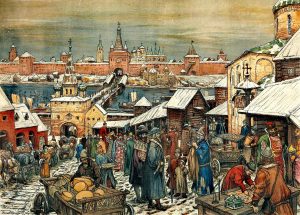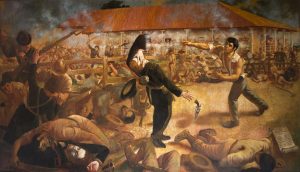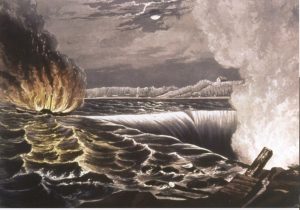
‘Anti-Machiavel’: 18th Century Government – Absolute Power in the Citizens’ Service
“Anti-Machiavel” is an 18th century political essay, one of the most famous works of enlightened absolutism.
Read More
“Beyond the Volok”: The Medieval Frontier and Chronicle of Novgorod, 1016-1471 (Part Two)
Established as a republic in 1136, much of the history of Novgorod was written in the Old Russian Chronicle of Novgorod.
Read More
The Obits of William Walker, Filibustering President of Nicaragua
Born in 1824, Walker, who graduated summa cum laud at the age of fourteen from the University of Nashville, tried his hand at respectable professions such as medicine and law, but ended up as the embodiment of a mercenary movement to extend the realm of American empire south of the Mexican border.
Read More
President Jackson Confronts France: The Spoliations Showdown, 1834-1836
For years the issue of unpaid indemnity – otherwise known as spoliations – caused consternation among successive U.S. diplomats in Paris as the French government refused to address it.
Read More
Sparking a Third Anglo-American War: The Canadian Rebellion and Caroline Affair, 1837-1838
In 1837 former Toronto mayor William Lyon Mackenzie organized an insurrection among the farmers of Ontario in an attempt to wrest political control over Canada from colonial authorities. The rebellion received substantial sympathy and support from Americans living in the border region – particularly around the city of Buffalo – which used a local American ship the SS Caroline to ferry weapons and supplies over the Niagara River.
Read More